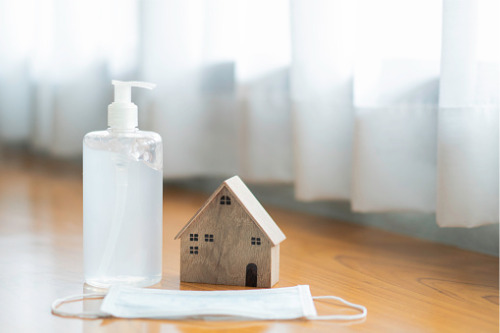Loan deferrals have plummeted from June peak

Nearly 85% of loans placed on hold due to the COVID-19 pandemic have resumed normal payments, according to new data from the Australian Banking Association (ABA).
The latest loan deferral figures from the ABA show that 118,000 loans from seven of the country’s largest banks, with a total value of $41.76 billion, remain on pause.
At the outset of the pandemic, the banking industry instituted loan deferral programs for customers financially impacted by COVID-19. At the peak in June, about 1 million mortgages and business loans, equating to about $246 billion, had suspended repayments, according to a report by The Australian.
The current number of loans on pause represents 15% of all deferred loans at the peak last year.
ABA chief executive Anna Bligh told The Australian that the reduction in deferrals was a sign that the country’s economy was recovering swiftly from the pandemic.
“These are encouraging signs for the nation’s recovery,” Bligh said. “The road ahead is uncertain, but it’s good to see the vast majority of homeowners and small businesses getting through the worst and getting their finances back on track.”
Read more: NAB’s success in transitioning out of repayment pauses
Business loans have recovered faster than residential mortgage loans, according to The Australian. Only about 6.6% of small business loans are still deferred, while about 18% of home loans are still on pause.
“More small businesses are starting to resume their loan repayments, reflecting Australia’s successful efforts in fighting the virus,” Bligh said.
Victoria has the most mortgages still on repayment deferrals, followed by New South Wales.
The loan support programs are expected to wind down by the end of March. However, Bligh said that banks would continue to work with people still impacted by COVID-19.
“Australian banks will continue to work throughout 2021 to support households and businesses, taking a fair and compassionate approach to get people through the pandemic,” she said.



